Swiatek misses out on advancing from the group stage: Maybe I won too much last year, this is my karma.
“Maybe I won too much last year, this is my karma.”
During the post-match interview at the WTA Finals, when world No. 2 Swiatek spoke these words, her gaze showed both puzzlement and relief. In the critical group stage decider, she fought hard for 2 hours and 35 minutes but was eventually reversed by Anisimova, failing to reach the semifinals of the Finals for the second year in a row. On the other side of the court, Anisimova’s 11 return aces pierced the match like sharp blades, also shattering Swiatek’s understanding of the tennis world.

For Swiatek, this defeat shattered a certain cognitive order. She recounted her pre-match preparation: mentally energized, physically fit, technically sound, adapted to the court, and even her mindset was at its best. “I gave so much intensity and perseverance, and I cared so much about this tournament,” she repeatedly reflected, “there’s usually a payoff.” In Swiatek’s tennis logic, there should be a clear cause-and-effect chain between effort and victory, but this time, that chain broke.
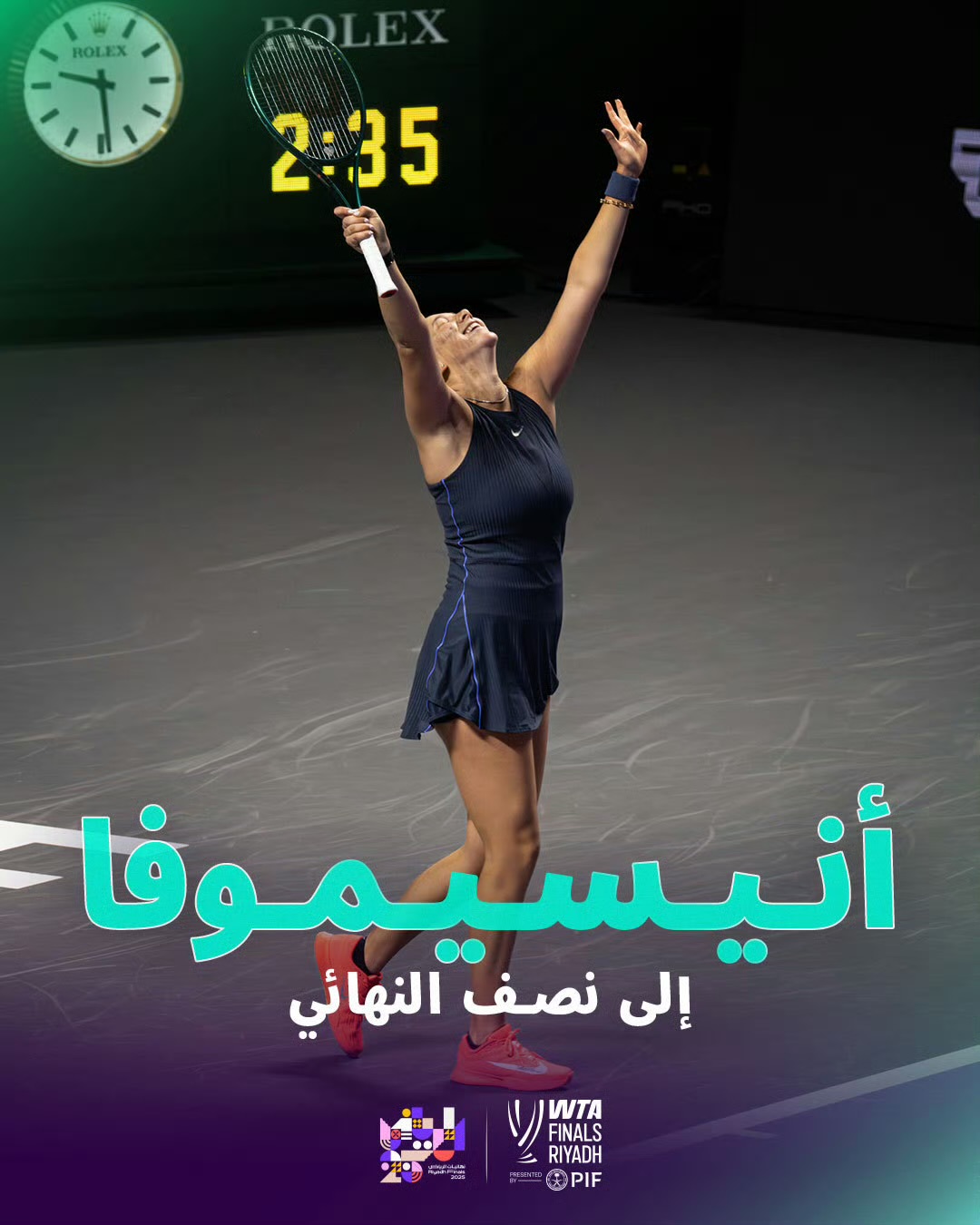
Swiatek’s confusion is, to some extent, a backlash from the brilliant system she built over the past two years. When she dominated the tennis world as world No. 1 and victories became routine, defeats turned into unfamiliar visitors. She developed a mature methodology for winning matches, and the sudden failure of this system naturally led to questioning the entire framework.
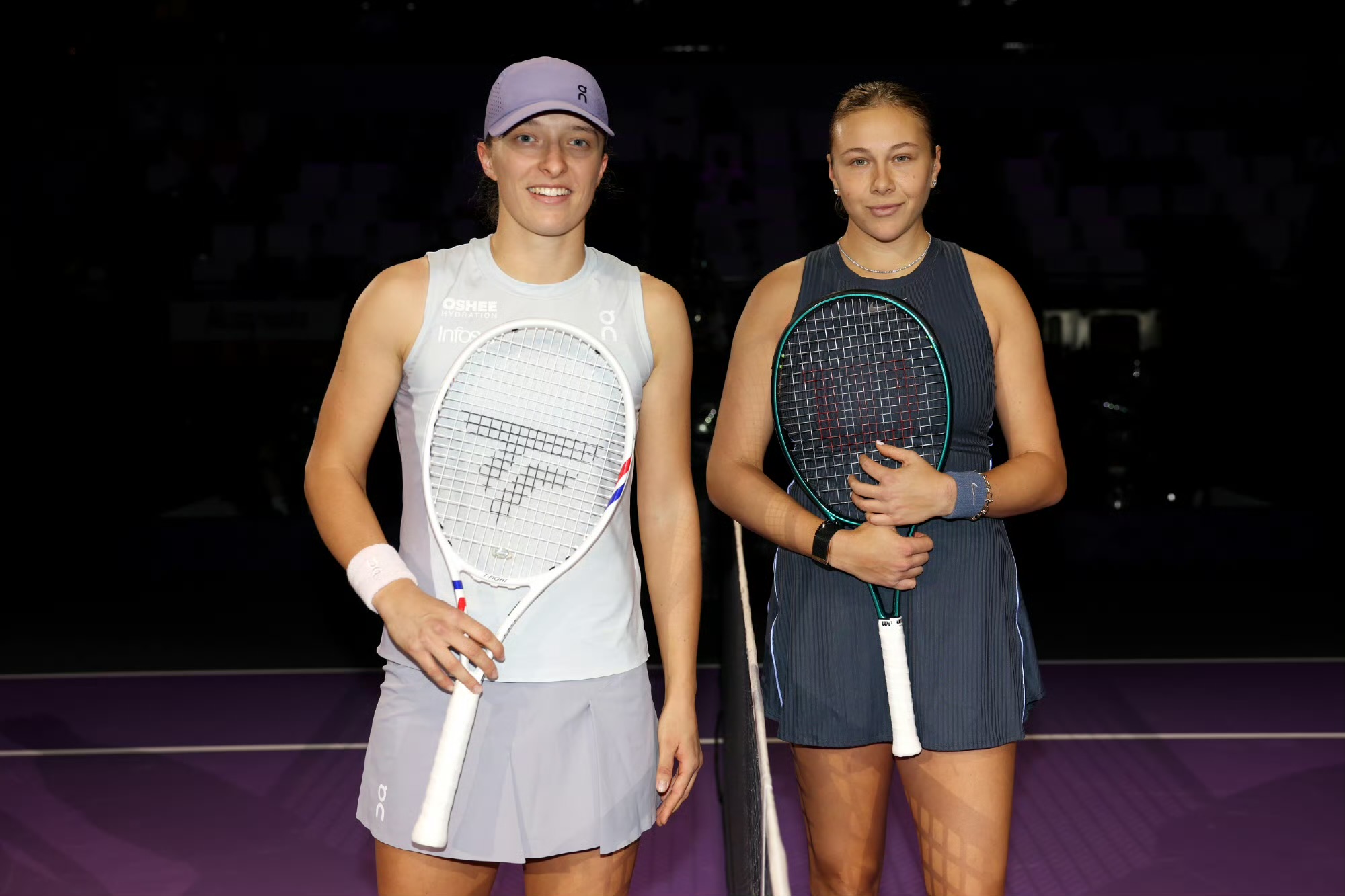
Anisimova’s playing style, especially her unbeatable returns, acted like a precise surgical strike, exposing tiny cracks in Swiatek’s tennis system. At critical moments in the match, the Pole’s double faults appeared unexpectedly, while her opponent’s delightful return winners repeatedly challenged Swiatek’s tactical execution. This was not a loss easily attributed to fluctuations in form but a battle of systems, where this time, Swiatek was the one suppressed.
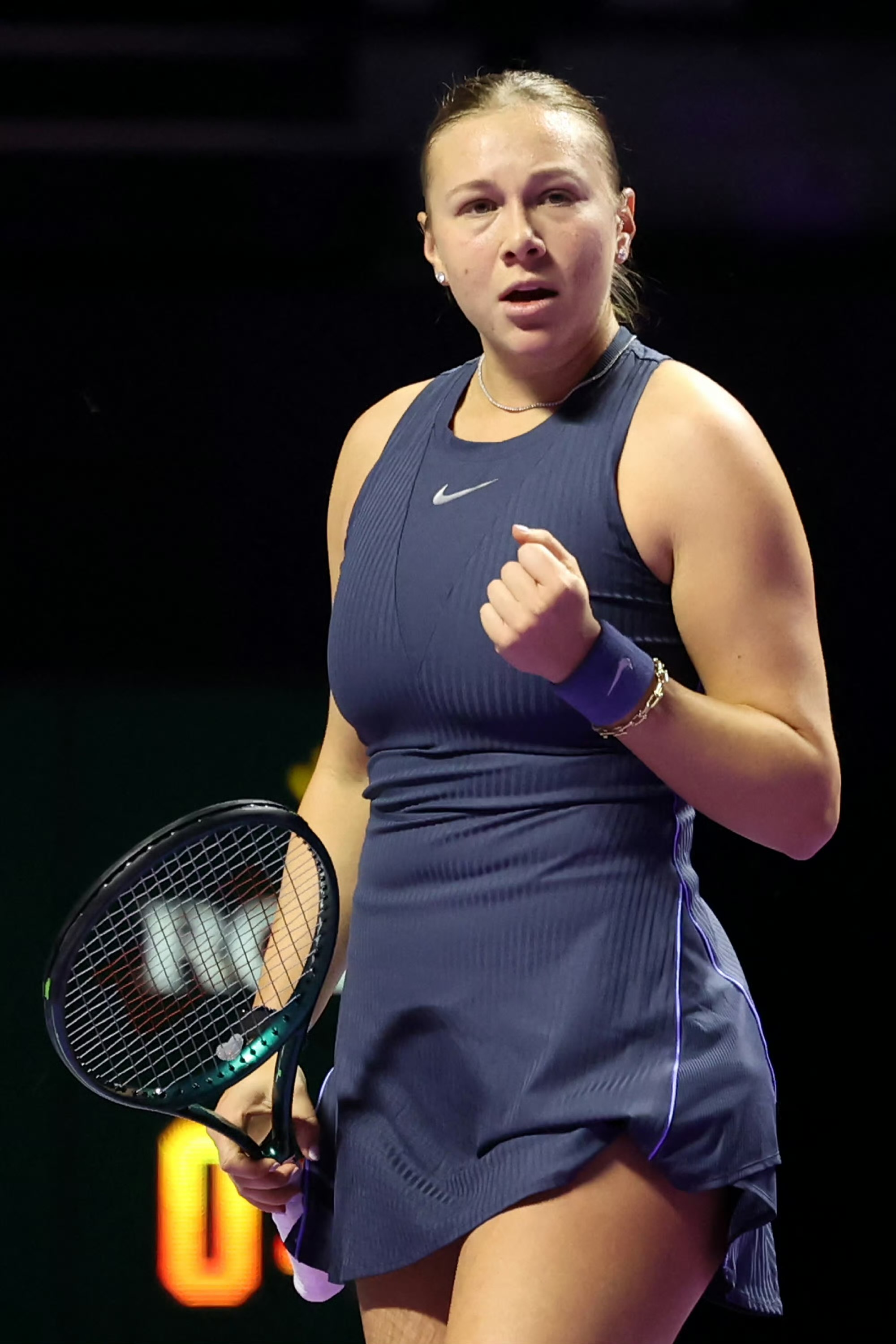
Swiatek’s “karma theory” provokes deep thought. In the context of professional sports, karma is a rare term, carrying a sense of fateful cause and effect. For an athlete accustomed to explaining everything through technique and tactics, resorting to such a notion reveals, to some extent, her helplessness in facing unknown factors. When she can’t find answers within familiar frameworks, she turns to a more mystical explanation.
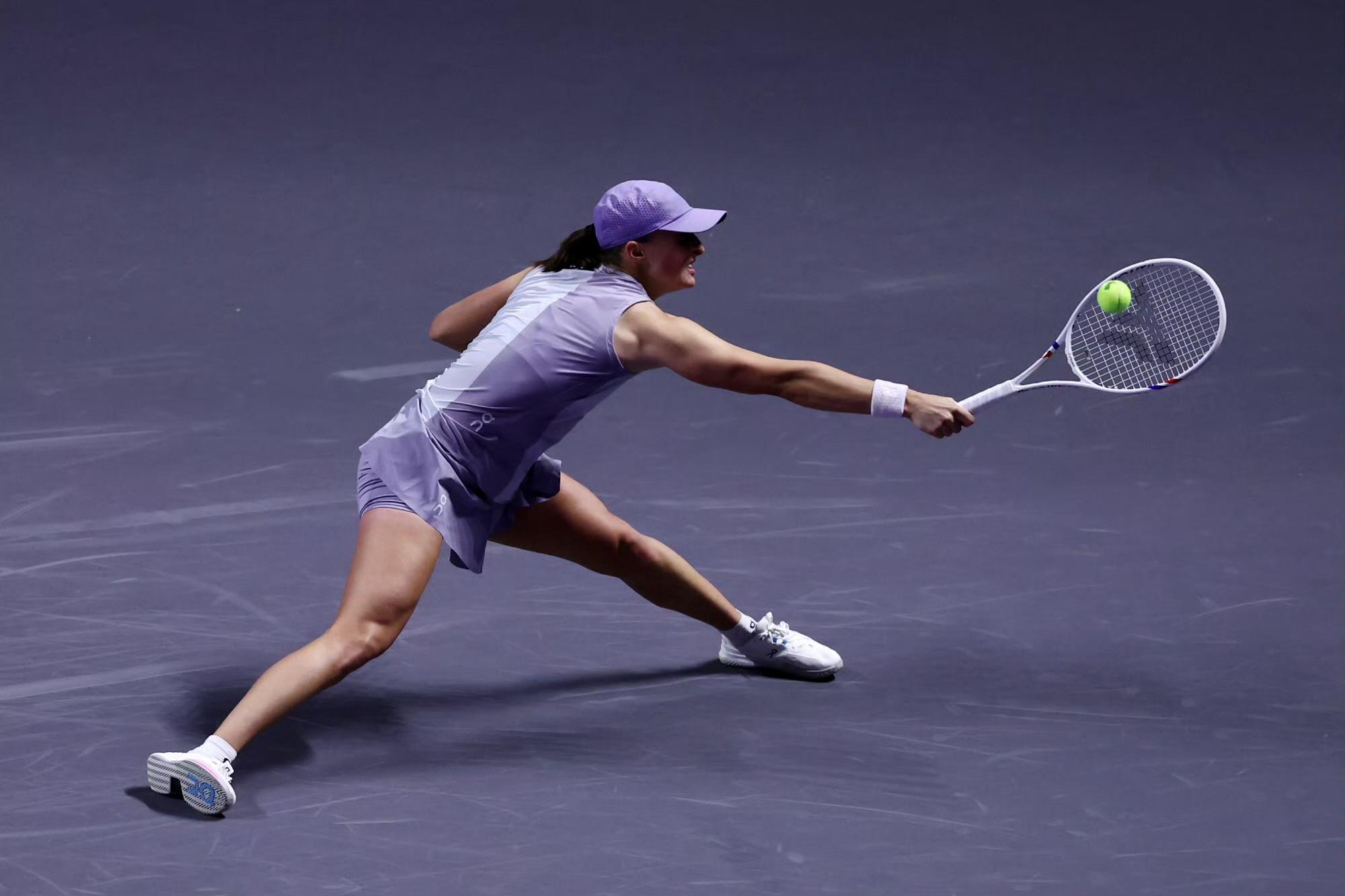
However, behind this seemingly negative karma theory, we might see Swiatek undergoing a necessary cognitive reconstruction. She admitted she “needs to find some explanation,” which is itself a crucial part of sports psychology: failure must be given meaning, or else it becomes mere pointless suffering. For top athletes like Swiatek, understanding failure is more important than simply forgetting it.
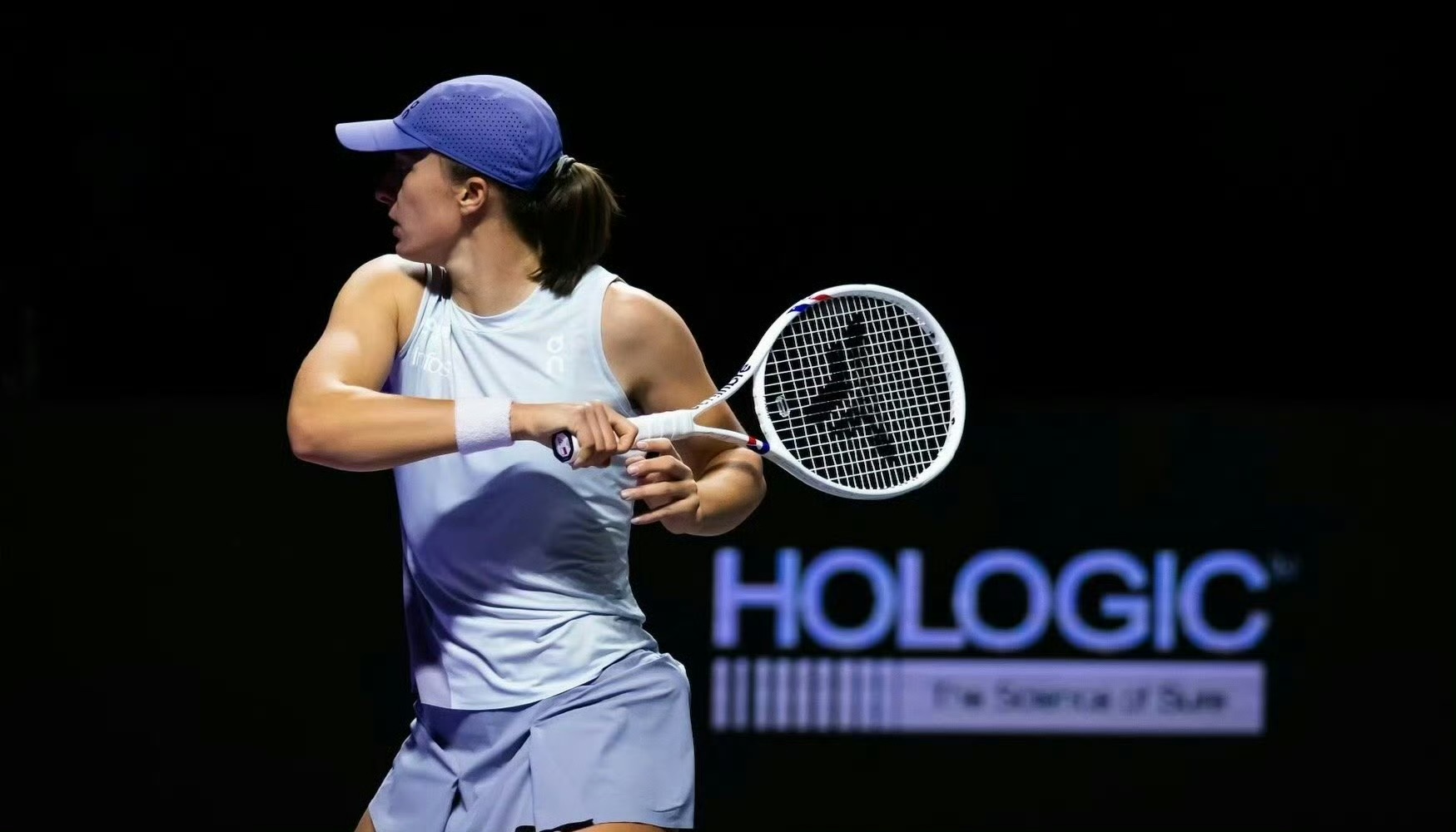
“I will keep working hard,” Swiatek said at the end of the interview. This understated sentence may be the most valuable part of the entire loss. In the long journey of professional tennis, every champion must learn to coexist with defeat, endure the pain of “giving everything but still falling short,” and then realize this is not karma, it’s just tennis.
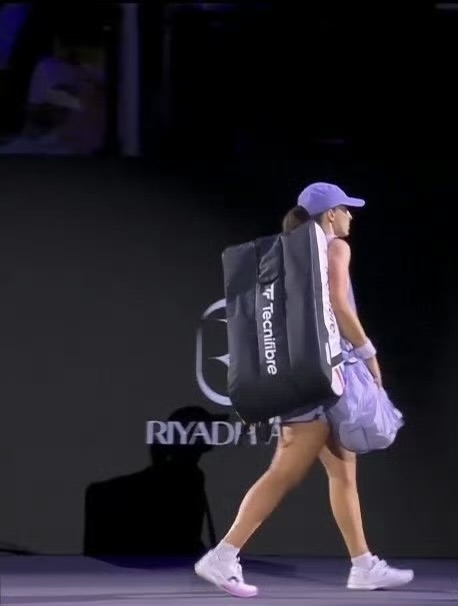
Swiatek may not yet fully understand why she didn’t advance, but this loss is teaching her things victory never could: how to maintain faith amid uncertainty, how to keep moving forward despite confusion, and how to accept the harsh reality that even the best preparation doesn’t always guarantee a win. These lessons might be the baptism she needs to rise from great to legendary.
When the momentum of victory is broken, true growth only begins.
(Source: Tennis Home Author: Mei)







 Links
Links
 Contact
Contact
 App
App


